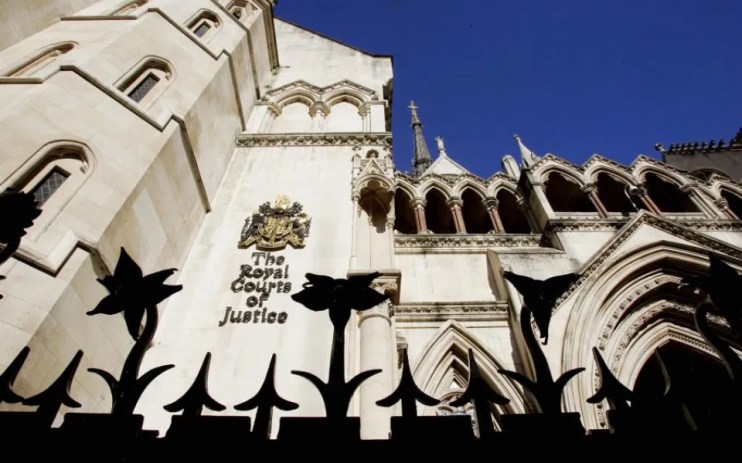Lawyers: Pledge to protect litigation funding welcome – but devil’s in the detail

City lawyers have welcomed plans to change the laws around litigation funding after a recent Supreme Court ruling raised major concerns about whether litigation funds can continue to back certain court cases.
Justice Secretary Alex Chalk vowed this week to reverse “the damaging effects” of a Supreme Court ruling last year “at the first legislative opportunity”.
His commitment came after Alan Bates, a former sub-postmaster who heads the campaign group Justice for Sub-postmasters Alliance, said that this method of financing court cases was crucial in his fight against the Post Office.
Last year, the Supreme Court handed down a ruling in the so-called PACCAR case. PACCAR is a truck hauliers company and is one of the parties in a case involving five major European manufacturing groups, which are being sued for allegedly breaching competition law.
The Supreme Court ruled that the litigation funds backing the claims against the truck companies did not have the correct financial arrangements in place to be able to properly support the court actions.
This ruling has left the litigation funding sector into limbo, raising concerns about funding for ongoing and future litigation. Bates pointed out that the PACCAR judgment has put litigation funding into “jeopardy”.
Commenting on Chalk’s remarks, Martyn Day, co-president of The Collective Redress Lawyers Association (CORLA) explained that this “commitment to legislate as quickly as possible” and to reverse the PACCAR judgment “is very welcome”.
Luke Tucker Harrison, a partner at Keidan Harrison, also welcomed Chalk’s statement.
He explained: “England is a key jurisdiction for both capital and expertise in disputes finance which plays a wider role in the supporting parties to enforce their rights in London-based tribunals. The announcement by the Justice Secretary ensures litigation financing can continue to be offered in a flexible manner maximising its commercial availability to parties.”
Daniel Gore, a senior associate at Withers said: “There might be questions over the true motivation of the government to act now, and potentially in conflict with the general constitutional idea of a separation of powers, but it is a positive move which allows parties like Alan Bates to take on the Post Office.”
Andrew Leitch, a partner at Bryan Cave Leighton Paisner highlighted that the key question now is how far the government will go in reversing the PACCAR judgment.
He explained: “So far, the government’s proposals have been limited to opt-out competition collective actions.” Leitch stated that the Justice Secretary’s comment seem to indicate that PACCAR judgment should be fully reversed, which includes “non-collective proceedings and opt-in claims.”
He noted that if the government is looking at this legislative change in order to preserve funding for cases like the Post Office, “then such an across-the-board reversal may be necessary.”
Day also suggested that “if the government were to cave in and impose ill thought out restrictions on the ways in which funders and law firms operate they would be denying access to justice to millions of citizens whilst giving businesses and corporations, set on using restrictive or unethical practices, a free hand.”
“The amendment to the Digital Markets, Competition and Consumers Bill that is currently going through Parliament is a great start. However, there is no reason why the amendment should apply simply to competition claims,” he added .